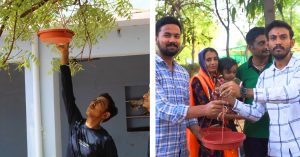This Woman’s Fight for Equality Led to the IAF Giving Permanent Commission to Female Officers
In 2022, as many as 32 women officers of the Indian Air Force won a 12-year-long legal battle against the Indian Air Force. Advocate Garima Sachdeva shares how she fought for gender equality in the armed forces.
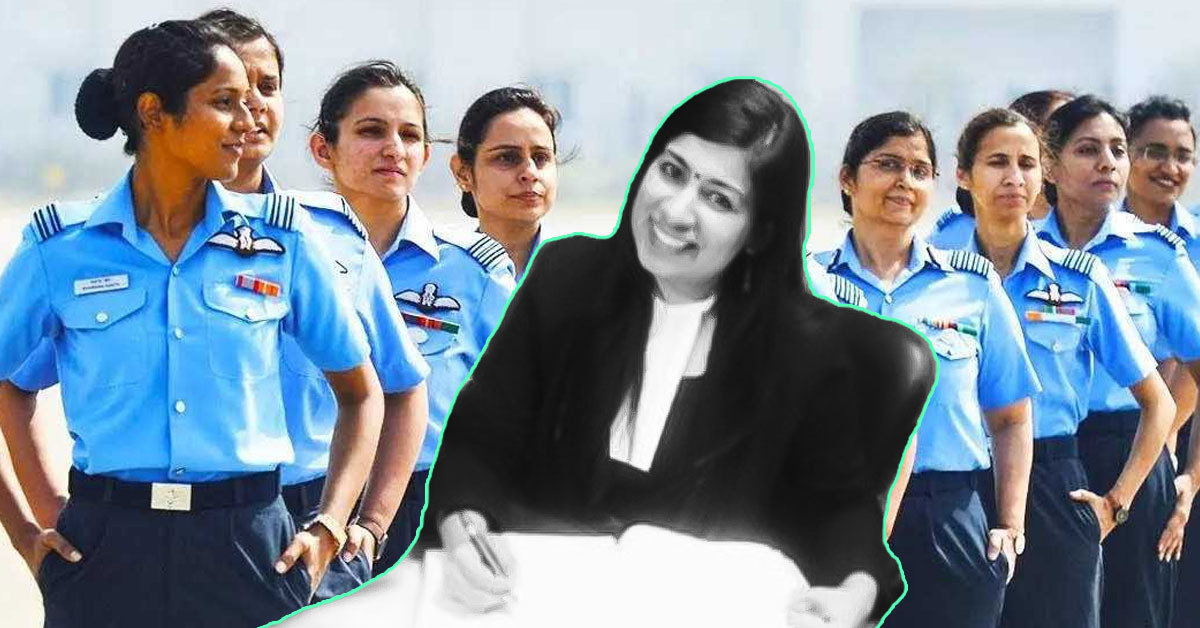
As a child, Garima Sachdeva would see her father – a senior rank Air Force officer – dressed up in the blue uniform every morning, proudly placing a hat on his head. He would wear his overalls and flying boots, marching to his workplace to safeguard the country from all aerial threats.
“But I did not know as a child that there were women in the same blue uniform doing the exact same work as well. Despite flying the mean machines in the Indian skies and conducting all the ground duties, they were still not getting what I saw my dad get,” Garima, now 32, tells The Better India.
“The opportunity to be in service for as many years as the male officers and retirement benefits, to name a few, were out of reach for them,” she adds.
In 2020, her father ‘retired’ from the rank of Air Marshal after serving for a good 40 years, whereas women officers were ‘released’ from the service only after 10-14 years of service.
Knowing the ropes of gender inequality in the armed forces, Garima, who practices law in the Delhi High Court, decided to fight for women’s rights along with a large team of lawyers. They were led by Rekha Palli [now sitting Judge of Delhi High Court], and her competent team of female advocates.
In conversation with us, she explains how the team fought for gender equality in the Indian Air Force.
![Garima [centre] fought for women’s rights along with a large team of lawyers.](https://en-media.thebetterindia.com/uploads/2024/02/Garima-Sachdeva-1707395759.jpg)
The case in detail
In the late 90s, the Indian Air Force invited applications from women to join as Short Service Commission Officers (SSCOs) for the first time. It was said that the female officers would initially be granted a Short Service Commission (SSC) for five years at the end of which, a permanent commission would be granted subject to vacancies and suitability.
Surprisingly, the IAF considered only male officers for permanent commission and women were excluded.
So, the principal grievance of the women SSCOs was that by denying them permanent commission – which carries with it certain privileges of rank including pension – they had been subjected to gender discrimination.
Garima explains, “The short service commission officer will only be given 10 years in service and an extension of four years maximum. So, female officers did not serve beyond 14 years and didn’t reach the age of retirement. Whereas a permanent commission officer will serve for about 30-35 years, or more depending on the rank.”
“That opportunity was not given to women officers. We’ve been as good as men in uniform, or maybe better, then why were we not given permanent commission?” she asks.
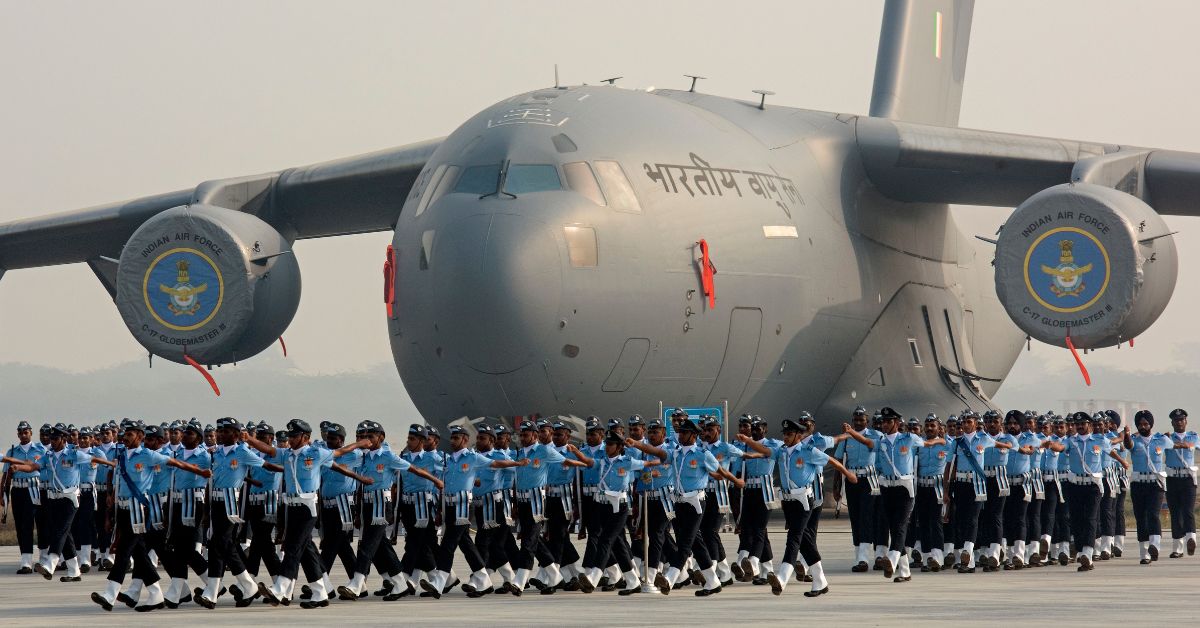
A Kargil war veteran (who prefers to remain anonymous) who joined the armed forces in 1996, says she was ‘released’ from the service after a total of 12 years of service.
Talking about her experience in the IAF, she tells The Better India, “I underwent the exact same training of one year along with male cadets. We never took help from anyone in doing our duty or task, be it night guard patrol check duty or any other professional task. My trainer said no one should be able to say that we were less than any male counterpart. And I ensured that no one could point out anything just because I am a female.”
“In the Air Force, individual officers are good but female officers in general were treated like guinea pigs – experimented on and then thrown away. I wanted to be part of the IAF and serve for more years, just like my male counterparts, but we weren’t allowed to do so,” she adds with a sigh.
To raise this issue, 32 female officers reached out to the court and in 2003, a Public Interest Litigation (PIL) was instituted before the Delhi High Court titled ‘Babita Puniya for the grant of permanent commission to women SSC Officers’, highlighting the gender discrimination being meted out to women officers in the armed forces.
After years of struggle
In 2010, the High Court stated that the Permanent Commission shall be offered to women officers after the completion of five years, subject to vacancies and suitability.
But the judgment was said to be implemented by the IAF for only those officers who were in service or those retired/released officers who were not in service as on 12 March 2010 but had filed writ petitions before their release – a criterion that did not match with the appellants and hence they were left out from the reinstatement plan of the IAF.
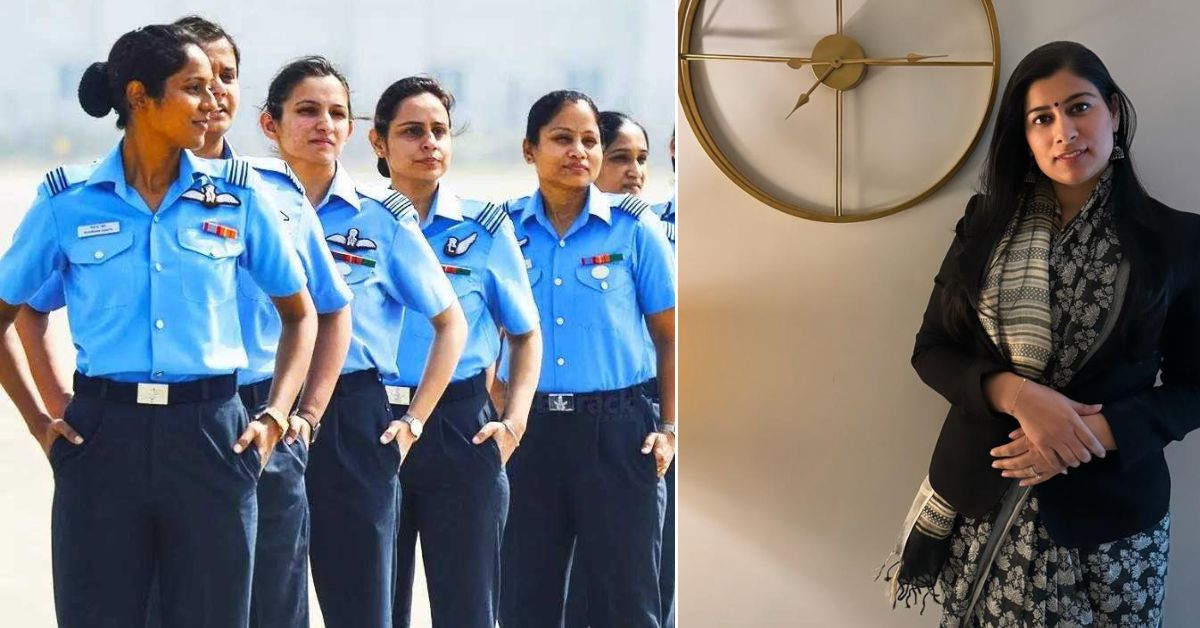
They immediately approached the Delhi High Court challenging the manner of implementation of the decision in Babita Puniya’s case by the IAF. However, by an order dated 27 September 2011, the Delhi High Court dismissed the review petitions filed against the impugned judgment.
Most of these officers joined the service between 1993 and 1998 and were eventually released from service between December 2006 and 2009. As these female officers put in long years of service for the IAF, the lawyers were of the view that they should be considered for the grant of pensionary benefits.
Thanks to the team of lawyers, including Garima Sachdeva, the Supreme Court in 2022 directed the Indian Air Force to consider granting pensionary benefits to 32 retired female SSC officers deeming they had permanent commission.
Thus, a 12-year-long legal battle was finally put to rest.
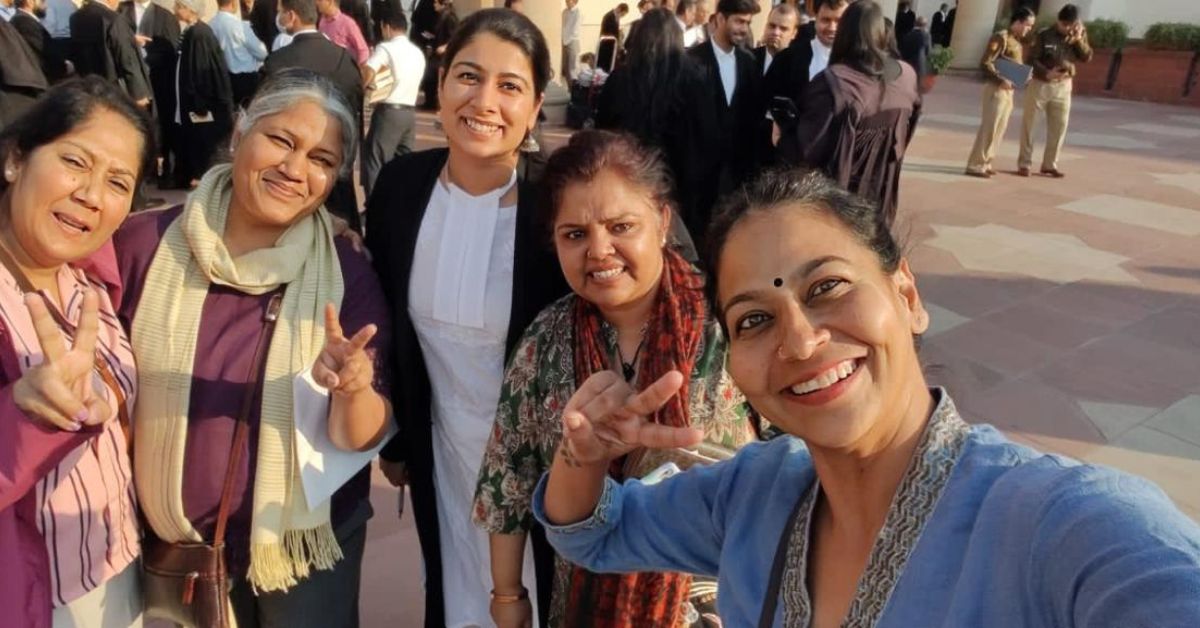
The Kargil war veteran (who prefers to remain anonymous) says, “It’s the Supreme Court of India who gave us justice and sadly, it didn’t come from the organisation which is still our first love — the IAF. We fought our battle up to the highest court of justice and won against IAF. The decision has given me mental peace. Now, I await my pensionary benefits that are in the process.”
Garima opines that these 32 women have set a benchmark for other female officers. “It was unfortunate that the matter went on for such a long time. It was heartbreaking to see how these women officers who fought for so long didn’t really get any tangible satisfaction out of it. The only satisfaction was that they won and they set up a benchmark for all the coming generations ahead,” she adds.
For Garima, the court order gave her an immense sense of pride and strength. “Coming from an Air Force background, I had my heart and soul in this matter. I was happy that I could get the best out of my capabilities,” she adds.
“I think nothing beats the satisfaction that comes out of fighting for women in the male-dominated systems and emerging victorious for those who have high hopes in you,” says Garima, who was recently appointed as a Senior Panel Counsel at both the Delhi High Court and the Principal Bench of Armed Forces Tribunal. She currently represents the armed forces before these forums.
(Edited by Padmashree Pande; All photos: Garima Sachdeva)
If you found our stories insightful, informative, or even just enjoyable, we invite you to consider making a voluntary payment to support the work we do at The Better India. Your contribution helps us continue producing quality content that educates, inspires, and drives positive change.
Choose one of the payment options below for your contribution-
By paying for the stories you value, you directly contribute to sustaining our efforts focused on making a difference in the world. Together, let's ensure that impactful stories continue to be told and shared, enriching lives and communities alike.
Thank you for your support. Here are some frequently asked questions you might find helpful to know why you are contributing?






